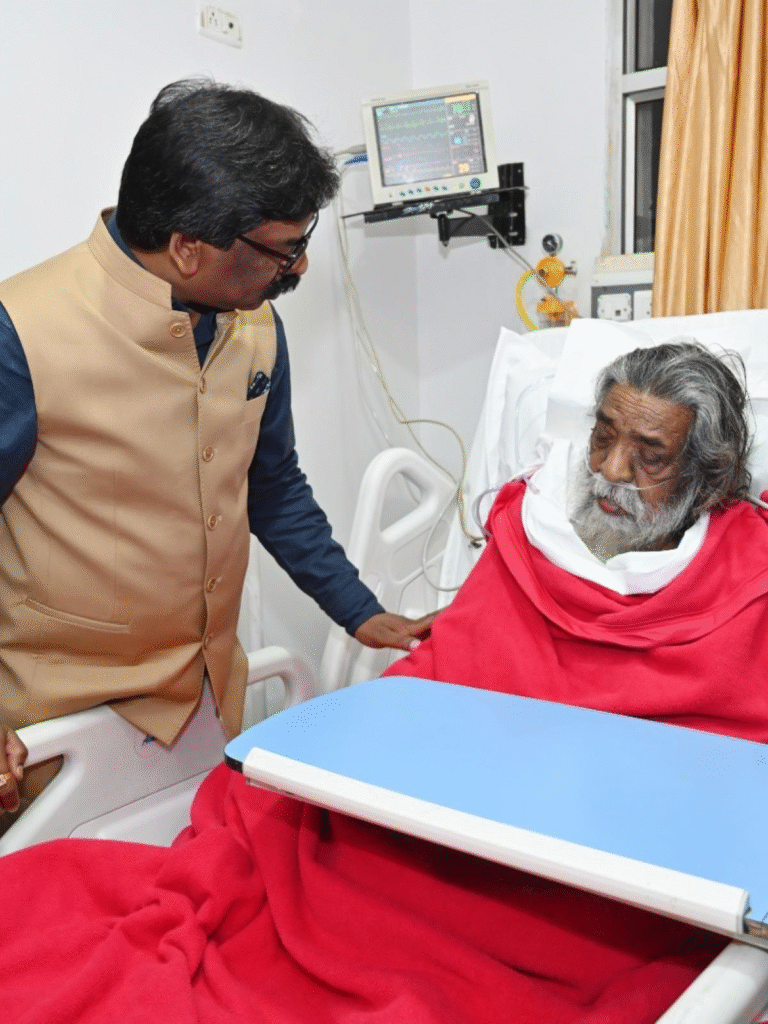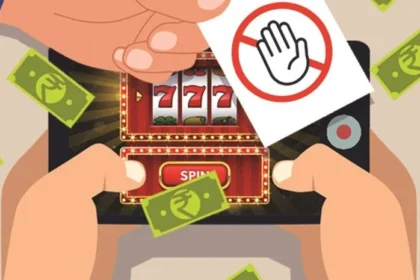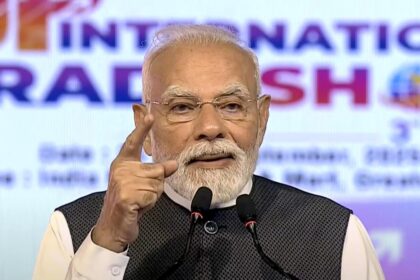Shibu Soren Dies at 81: JMM Founder and 3-Time Jharkhand CM Passes Away After Prolonged Illness
Shibu Soren, veteran tribal leader, JMM founder, and 3-time Jharkhand Chief Minister, dies at 81 after a prolonged illness. His death marks the end of a powerful political legacy in Eastern India
The 81-year-old leader and founder of Jharkhand Mukti Morcha (JMM), Shibu Soren, popularly known as ‘Dishom Guru or Guruji’ passed away at Sir Ganga Ram Hospital, New Delhi on Monday (August 4, 2025) morning.
Ranchi, August 4, 2025 — Shibu Soren, the towering tribal leader, founder of the Jharkhand Mukti Morcha (JMM), and three-time Chief Minister of Jharkhand, passed away on Monday at the age of 81 following a prolonged illness. His death marks the end of an era in Jharkhand’s tribal and political movement — a chapter deeply etched with struggles, agitation, and identity politics that transformed the state’s destiny.
Soren had been under medical care for several months in Ranchi, and his condition reportedly deteriorated over the past few weeks. Surrounded by his family, including his son and current Jharkhand Chief Minister Hemant Soren, the veteran leader breathed his last at around 9:45 AM. Leaders across party lines, from Prime Minister Narendra Modi to Congress leader Rahul Gandhi, expressed their condolences and recognized Soren’s lifelong dedication to tribal rights and social justice.

Born on January 11, 1944, in Nemra village in Bihar’s (now Jharkhand’s) Ramgarh district, Shibu Soren rose from grassroots activism to become a formidable political figure in eastern India. Known affectionately as “Guruji” among his followers, Soren’s political journey was shaped by personal trauma and fierce determination. His father, Sobran Soren, was allegedly killed by moneylenders — an event that deeply influenced his lifelong fight against exploitation of tribals by moneylenders, landlords, and external forces.
In the early 1970s, Soren founded the Jharkhand Mukti Morcha (JMM), a party that sought to create a separate state for the tribal-dominated regions of South Bihar. What started as a socio-political movement gradually morphed into one of India’s most powerful sub-national identity struggles.
Under Soren’s leadership, the JMM galvanized massive support among tribals, miners, peasants, and rural workers. For nearly three decades, the movement campaigned for a separate Jharkhand state, arguing that the region’s rich mineral wealth was being exploited without benefiting its indigenous population.
After prolonged negotiations and political activism, Jharkhand was carved out of Bihar on November 15, 2000, a date that coincides with the birth anniversary of tribal icon Birsa Munda. Though Babulal Marandi of the BJP became the first Chief Minister, it was Shibu Soren’s political groundwork that had laid the foundation for Jharkhand’s statehood.
Shibu Soren served as Chief Minister of Jharkhand three times — albeit briefly each time:
First Term: March 2 to March 12, 2005 (resigned after failing to prove majority).
Second Term: August 27, 2008 to January 18, 2009.
Third Term: December 30, 2009 to May 31, 2010.
His stints as CM were often marked by political instability and coalition challenges. Despite the short durations, Soren’s administrations prioritized land rights, welfare schemes, and tribal empowerment.
Beyond the state, Soren had a prominent parliamentary career. He was elected to the Lok Sabha seven times — first in 1980, and last in 2009. His influence extended to the Union Cabinet as well. He served as Union Coal Minister during the UPA regime, reflecting his close ties with the Congress party in several coalitions.
Despite his towering stature in tribal politics, Soren’s career was not without controversy. He faced serious legal challenges, most notably in the 2006 conviction in the 1994 murder case of JMM activist Shashinath Jha, where he was sentenced to life imprisonment. However, he was later acquitted by the Delhi High Court in 2007.

Additionally, Soren was embroiled in the 1993 Jharkhand MPs bribery scandal, wherein JMM MPs were accused of taking bribes to vote in favor of the Narasimha Rao-led Congress government during a no-confidence motion. Though he maintained his innocence, the controversy tainted his clean image and exposed the murky side of coalition-era Indian politics.
In the later stages of his career, Soren transitioned into a mentor and guiding force for the JMM, handing over the party’s reins to his son Hemant Soren, who has since emerged as a dynamic and nationally recognized leader. Despite health challenges, Guruji continued to appear in major party events and remained the official president of JMM till his passing.
For thousands in Jharkhand’s tribal belt, Soren was not just a political leader but a symbol of cultural pride and resistance. His speeches, often delivered in tribal dialects and infused with emotion, stirred the masses and strengthened the movement for identity, dignity, and self-governance.
Soon after his death was confirmed, tributes poured in from across the nation:
Prime Minister Narendra Modi tweeted, “Deeply saddened by the passing of Shibu Soren ji. He was a strong voice for tribal rights and played a pivotal role in Jharkhand’s statehood. My condolences to his family and supporters.”
President Droupadi Murmu, herself from a tribal background, said, “Guruji’s legacy will continue to inspire generations. He embodied the tribal struggle for justice and dignity.”
Congress leader Rahul Gandhi called him a “true son of the soil whose sacrifices will never be forgotten.”
The Jharkhand government announced a three-day state mourning, with the national flag to fly at half-mast and all official functions canceled. Hemant Soren is expected to lead the last rites, which will be held with full state honors in Dumka, the JMM’s political and cultural heartland.
Shibu Soren’s death leaves behind a massive political vacuum in Jharkhand’s tribal politics. His life journey — from a small village in Ramgarh to the corridors of Parliament — represents the arc of democratic transformation in India. As the founding force behind Jharkhand’s creation, he will be remembered as a mass leader who challenged the status quo, fought for tribal justice, and dedicated over five decades to the political empowerment of marginalized communities.
His ideological framework — focused on tribal self-rule, anti-exploitation, cultural preservation, and mineral resource justice — still forms the backbone of JMM’s agenda and continues to influence state politics.
With his passing, Jharkhand mourns not just a leader but a father figure — Guruji, whose ideals will echo in the forests, hills, and hearts of the region he loved and fought for.
Read Also : Mumbai Shock: 220 Families Face Eviction for Rs 360 Crore Memorial Project in Ghatkopar








